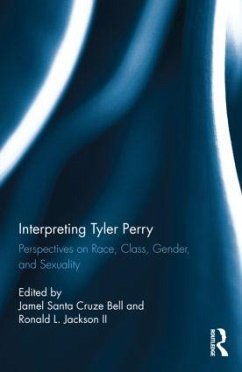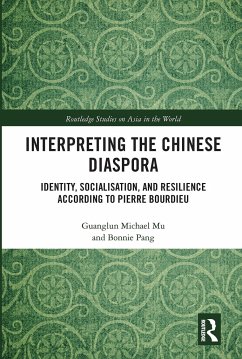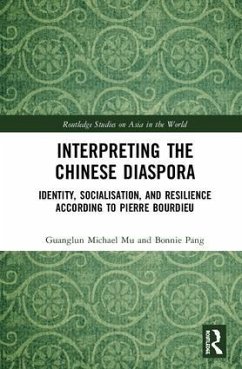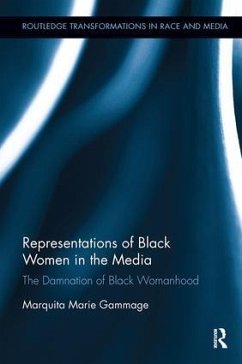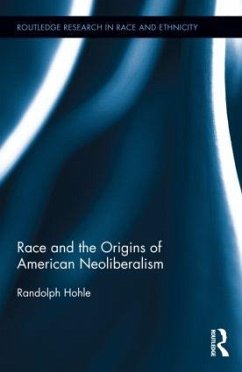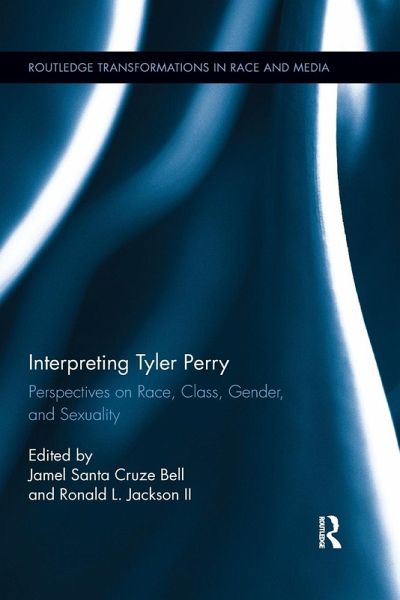
Interpreting Tyler Perry
Perspectives on Race, Class, Gender, and Sexuality
Herausgeber: Bell, Jamel Santa Cruze; Jackson II, Ronald L.
Versandkostenfrei!
Versandfertig in 1-2 Wochen
53,99 €
inkl. MwSt.
Weitere Ausgaben:

PAYBACK Punkte
27 °P sammeln!
Tyler Perry has become a significant figure in media due to his undeniable box office success led by his character Madea and popular TV sitcoms House of Payne and Meet the Browns. Perry built a multimedia empire based largely on his popularity among African American viewers and has become a prominent and dominant cultural storyteller. Along with Perry's success has come scrutiny by some social critics and Hollywood well-knowns, like Spike Lee, who have started to deconstruct the images in Perry's films and TV shows suggesting, as Lee did, that Perry has used his power to advance stereotypical ...
Tyler Perry has become a significant figure in media due to his undeniable box office success led by his character Madea and popular TV sitcoms House of Payne and Meet the Browns. Perry built a multimedia empire based largely on his popularity among African American viewers and has become a prominent and dominant cultural storyteller. Along with Perry's success has come scrutiny by some social critics and Hollywood well-knowns, like Spike Lee, who have started to deconstruct the images in Perry's films and TV shows suggesting, as Lee did, that Perry has used his power to advance stereotypical depictions of African Americans. The book provides a rich and thorough overview of Tyler Perry's media works. In so doing, contributors represent and approach their analyses of Perry's work from a variety of theoretical and methodological angles. The main themes explored in the volume include the representation of (a) Black authenticity and cultural production, (b) class, religion, and spirituality, (c) gender and sexuality, and (d) Black love, romance, and family. Perry's critical acclaim is also explored.





